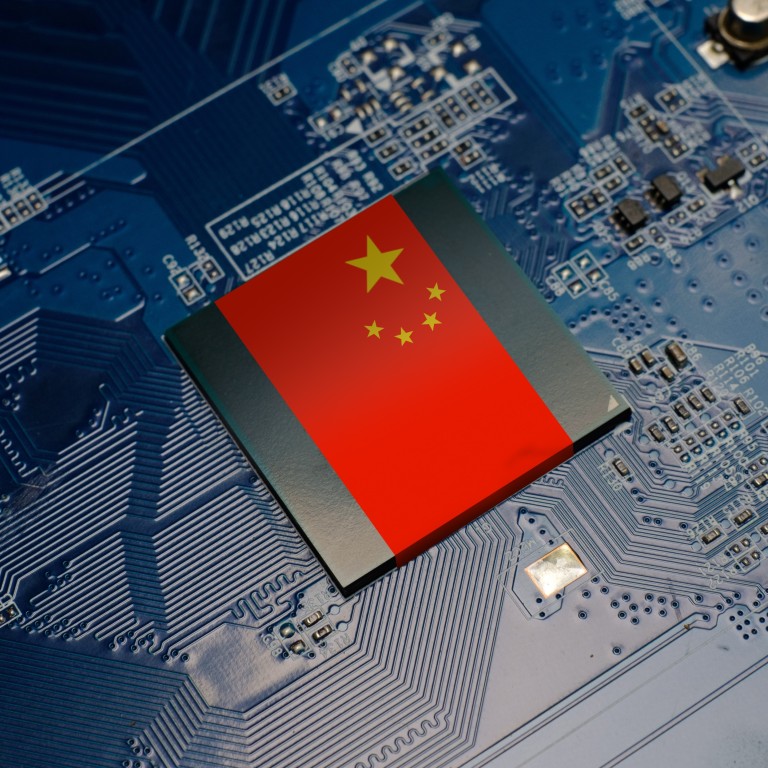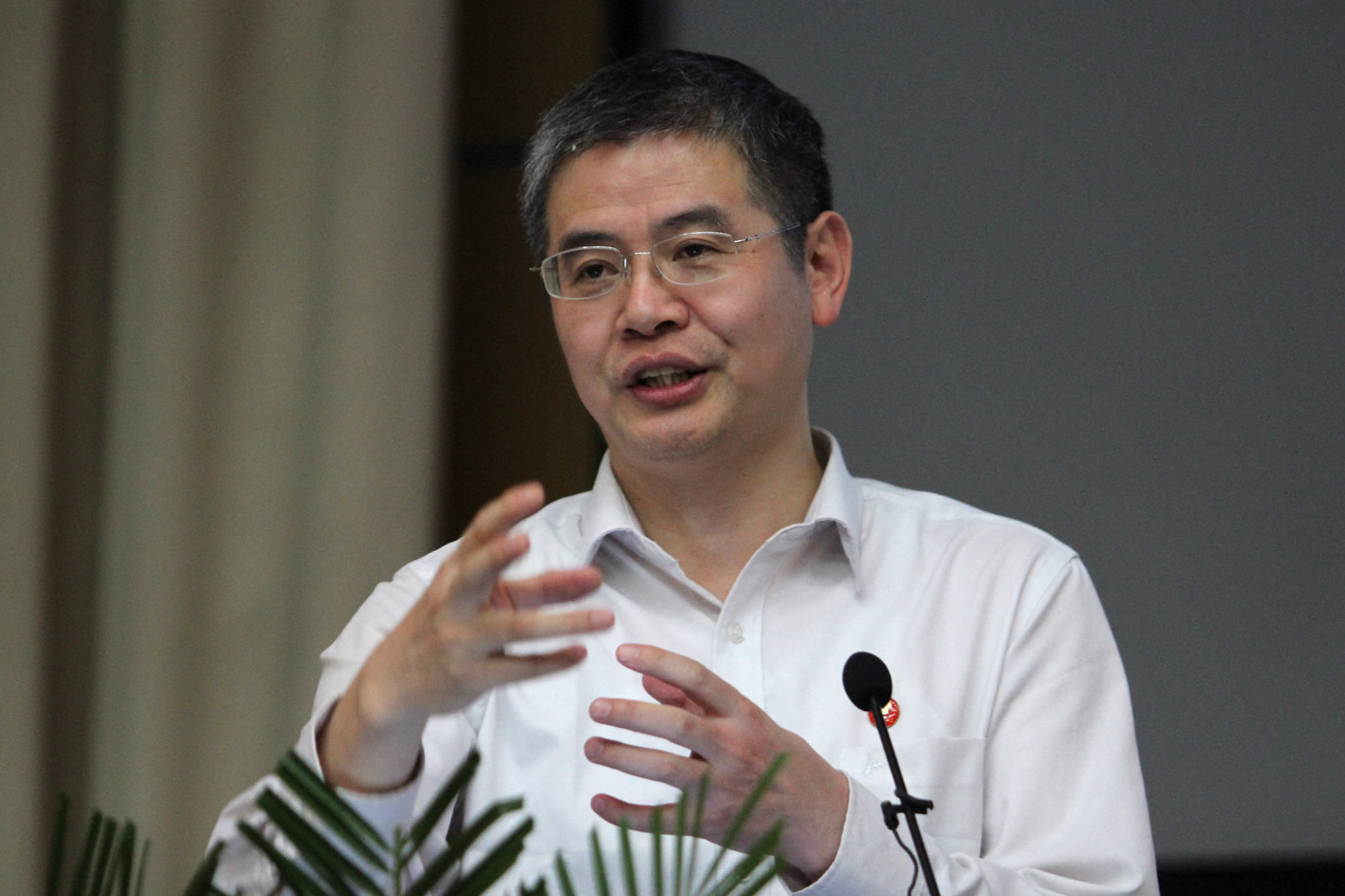
Tech war: sole semiconductor sector delegate at 20th Communist Party congress pushes for China’s own industrial IT system
- Hu Weiwu, founder of Chinese chip design firm Loongson, said the country has no control under the existing industrial information technology system
- His call for increased technology self-reliance reflects the sense of urgency in China after the US expanded the scope of its hi-tech export controls
Hu, 54, is one of the 2,296 delegates at the twice-a-decade Communist Party congress, which started last Sunday and will conclude this Saturday. His bona fides include previously serving as chief engineer of the Institute of Computing Technology, which is under the Chinese Academy of Sciences (CAS), and designing the country’s first central processing unit (CPU) as early as 2002.

Hu, according to The Beijing News report, indicated that use of mainland-designed chips like those from Loongson have increased in recent years because of China’s tech self-sufficiency drive.
Still, he said the process of developing a home-grown industrial IT system will take time and patience. As such, he compared CPU development to raising children.
How to inspire young Chinese tech researchers? Give them a chip
“Some products are like raising pigs, and they can be sold in one year. Some products are like raising cattle, and they can work in the fields after raising them for three years,” Hu said. “But some products are like raising children. Building CPUs is like raising a child. It takes 30 years to see a child make real achievements.”
On accelerating the development of more IT talent in China, Hu said the problem is that most universities teach students how to use computers, not how to build them.
It is an issue that Hu has become familiar with, as he leads Loongson’s development of general-purpose processors, which serve as the basic component of IT systems.
Hi-tech innovation ‘at the heart’ of China’s modernisation drive, Xi vows
A member of the Chinese Communist Party since he turned 18, Hu credited the state-backed Beijing Industrial Development Investment Management Co for initially injecting 100 million yuan (US$14 million) in capital to support Loongson’s business, according to a report in July by China Science Daily, a CAS-affiliated newspaper.
Before that, Hu said Loongson, which he founded in 2010, had difficulty raising funds. “I was like Don Quixote, holding a long lance named Loongson, tilting at two windmills, Intel and Arm”, he said.
“It was only in China where the company obtained generous support” when it was not making much money, Hu said in the report. He said other financiers, both state-owned and private, provided more funding over the years.


